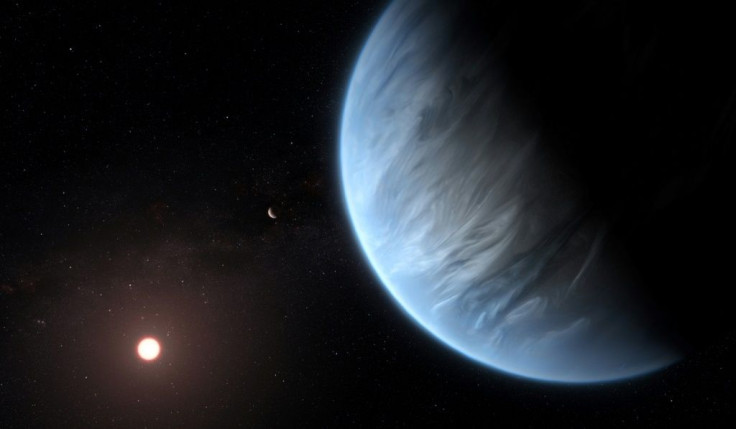Humans Can't Migrate To Mars Or Another Planet, Nobel Prize Winner Reveals Why

Astrophysicist Michael Mayor, who won the Nobel Prize for discovering the first exoplanet, said humans will never be able to leave Earth to colonize another planet. According to Mayor, it is simply not possible to travel across space outside the Solar System to migrate to a planet that’s similar to Earth.
Mayor was awarded the Nobel Prize earlier this year for his great contribution in the field of astronomy. Back in 1995, Mayor discovered the first exoplanet, which is a planet orbiting a sun-like star outside the Solar System. He was able to make his historic discovery using France’s Haute-Provence Observatory.
The exoplanet, named 51 Pegasi B, served as the stepping stone for astronomers to study and identify other planets outside the Solar System. Since Mayor’s discovery, over 4,000 exoplanets have been identified in the Milky Way galaxy.
Given his vast knowledge about the nature of exoplanets, Mayor offered his thoughts about space agencies’ plans to colonize other worlds such as Mars.
Although there are a few exoplanets that appear to be habitable, Mayor noted that visiting these worlds is impossible due to their distance from Earth.
"If we are talking about exoplanets, things should be clear: we will not migrate there," Mayor told AFP. "These planets are much, much too far away. Even in the very optimistic case of a livable planet that is not too far, say a few dozen light-years, which is not a lot, it's in the neighborhood, the time to go there is considerable.”
Since planets outside the Solar System are thousands of light-years away, Mayor noted that humans would have to travel for millions of days just to reach them. Of course, aside from the long voyage, maintaining an operational colony, as well as establishing a resource supply line on an alien planet, have their own set of challenges.
Instead of migrating to another planet, Mayor said that humans should focus on Earth to ensure that it remains habitable for the next generations.
"We are talking about hundreds of millions of days using the means we have available today. We must take care of our planet, it is very beautiful and still absolutely livable,” he said.
© Copyright IBTimes 2025. All rights reserved.





















